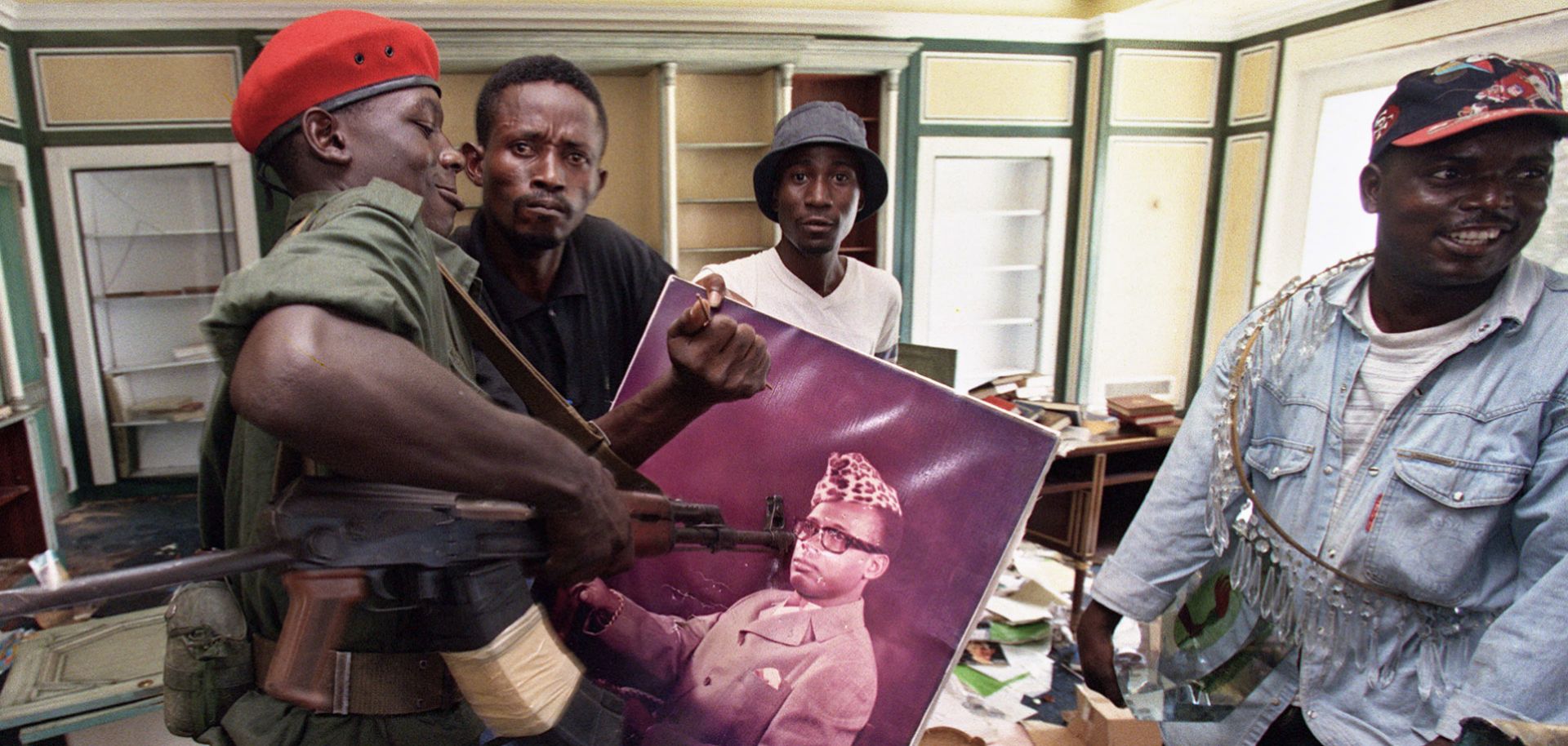Two and a half decades after the Cold War ended, its effects are still being felt in Africa. The continent is inundated with power struggles, though the ones being waged today are much different from those traditionally fought. Modern dynamics have become superimposed over the customary elements of conflict, and African populations are holding their leaders to higher standards. Likewise, Western countries have also begun to demand more accountability and transparency from their African allies. As education levels continue to rise, and African countries develop economically and technologically, rulers find themselves more constrained than before. And some have weathered the new order better than others. Beyond regional factors, though, domestic factors continue to be equally critical to a leader's ultimate success -- or not....

